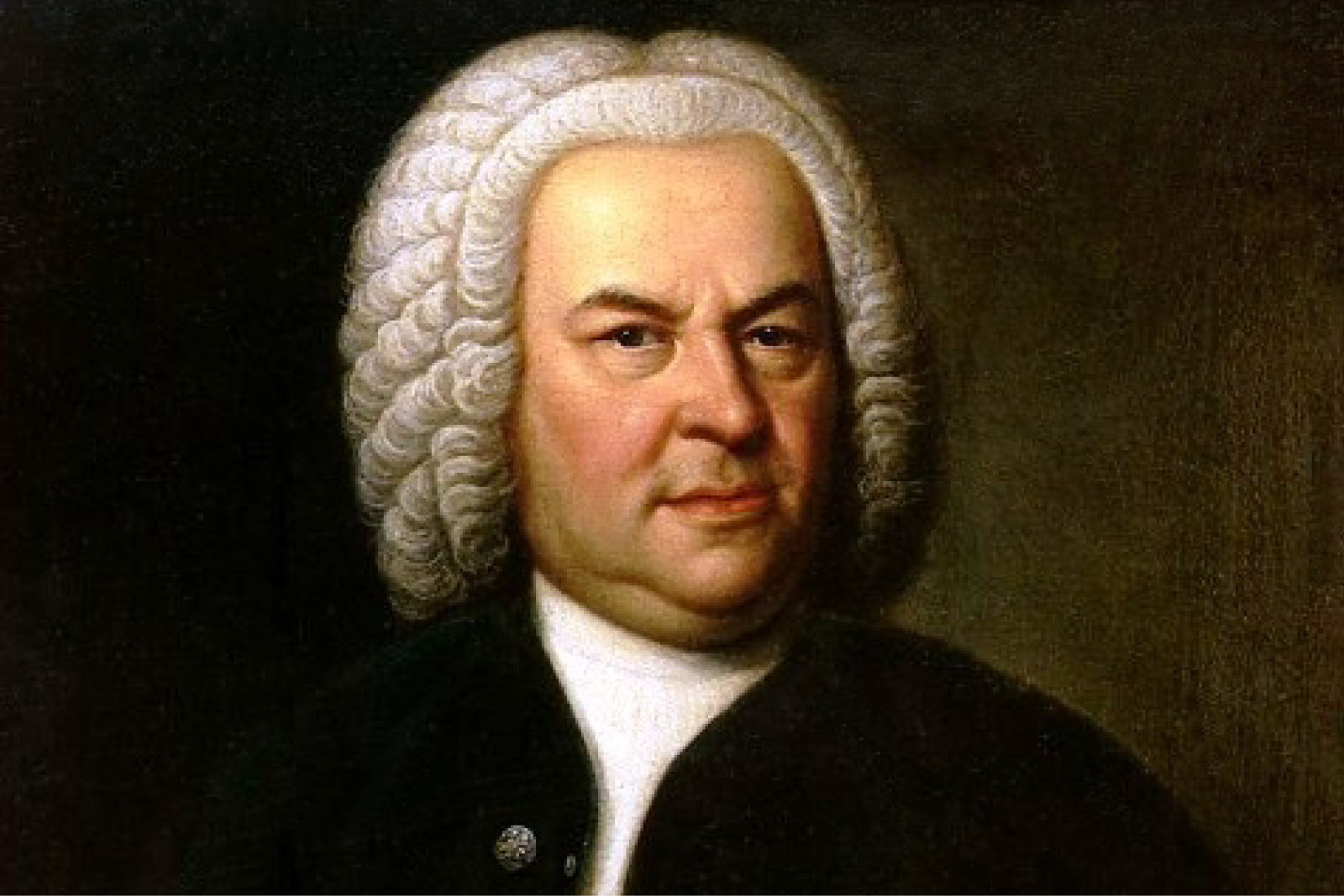To deconstruct the genius of Bach, to fathom how the cold math of line plotted against line, note riding against note, voices knitted into voices, can translate into sounds often held up as the very pinnacle of Western music, to explain the whole history of a composer who the history books insist “invented” musical grammar but whose reputation evaporated from view for a hundred years after his death in 1750 – the name “Bach” meaning a famous teacher and organist to most people living in the early 1800s – to view Bach not through the prism of our 21st century minds, where we might mistakenly assume that the lifestyle, function and expectations of a composer were the same as today, but to place Bach in the right historical context, could take some kind of genius in itself.
 Johann Sebastian Bach (1685 – 1750)
Johann Sebastian Bach (1685 – 1750)
Or perhaps not. Wrapped up in the mystery of Johann Sebastian Bach is his very familiarity. Once you’ve internalised the lessons of harmony and counterpoint that Bach formalised in the near-200 chorale harmonisations he wrote throughout his life and in works like the The Well-Tempered Clavier – the so-called...










Comments
Log in to join the conversation.